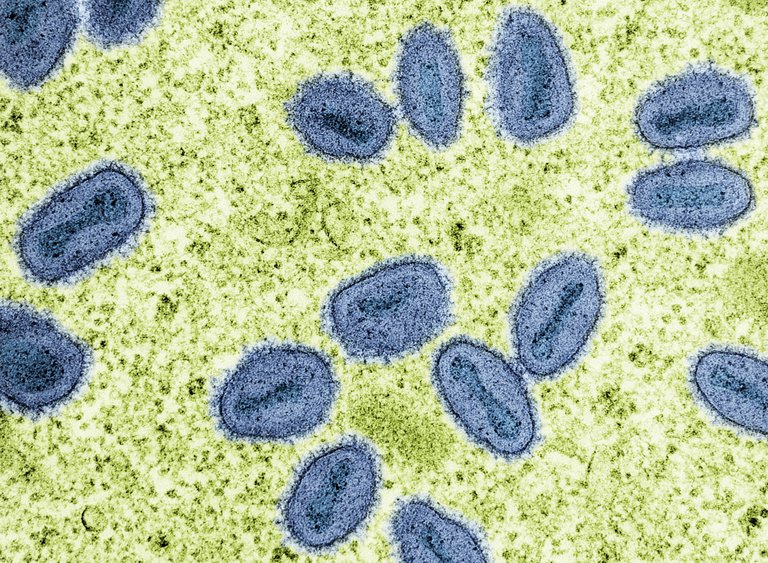The Lancet asks to give a coordinated answer to T-baztanga

After the World Health Organization has declared a state of international public health emergency (PHEIC) due to the recent outbreaks of T-baztanga, the journal The Lancet has called for a coordinated response through an editorial.
First of all, he recalled that it was only 15 months since the WHO abandoned the previous emergency and that it has spread to the whole world the day after the declaration of emergency in Africa. For the magazine, the concern is reasonable, as the variant (1b) that is being transmitted among people since September 2023 is more lethal than the previous one.
According to him, most of the deaths have occurred in the Democratic Republic of the Congo, particularly among children and young people under the age of 15. Adults, however, have not been affected so much, probably because they have some kind of protection, thanks to the smallpox vaccine taken in the years 1960-1970. In 2024, in the Congo, more than 16,000 infections and 500 deaths have been recorded, and other undiagnosed infections are also suspected. In the case of the Central African Republic, Rwanda, Burundi, Uganda and Kenya, isolated cases of imported cases have also been diagnosed in Sweden and Pakistan (i.e. not infected in the country itself).
In the previous emergency situation, the need for measures to control the virus and prevent the disease was also raised. However, according to The Lancet, the virus is still not well known and has not been invested enough in research, diagnosis and treatment. Although there are vaccines for prevention, they are in the hands of high-income countries. For this reason, the editorial has called for fair action this time and has warned that the first hundred days are key.
He explains that equity is not only about distributing vaccines and resources, but about caring for and caring for those who need it. The problem is not that of countries that have experienced outbreaks or that of Africa, which is why an international emergency has been declared. The Lancet confirms that “that is the meaning of the PHEIC.”
It also recommends that the response take into account communities in designing strategies, channeling resources, and avoiding exclusion and stigma, for example, in the LGTBIQ+ community. He also referred to the need to "address the lack of information and error".
For its part, the European Centre for Disease Prevention and Control (ECDC) has foreseen that this variant of the virus will have a low impact in Europe. It says that there may be more imported cases, but that they are not expected to be greatly expanded by rapid diagnosis and control measures.
Buletina
Bidali zure helbide elektronikoa eta jaso asteroko buletina zure sarrera-ontzian











